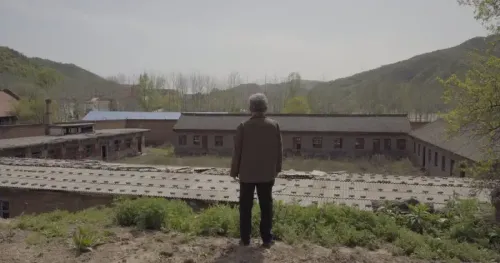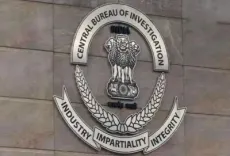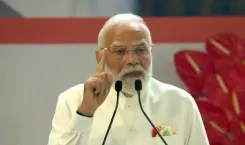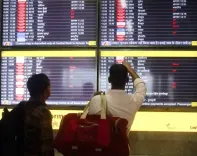Iran's Foreign Minister Araghchi Emphasizes Role in Enhancing Ties Between India and Pakistan
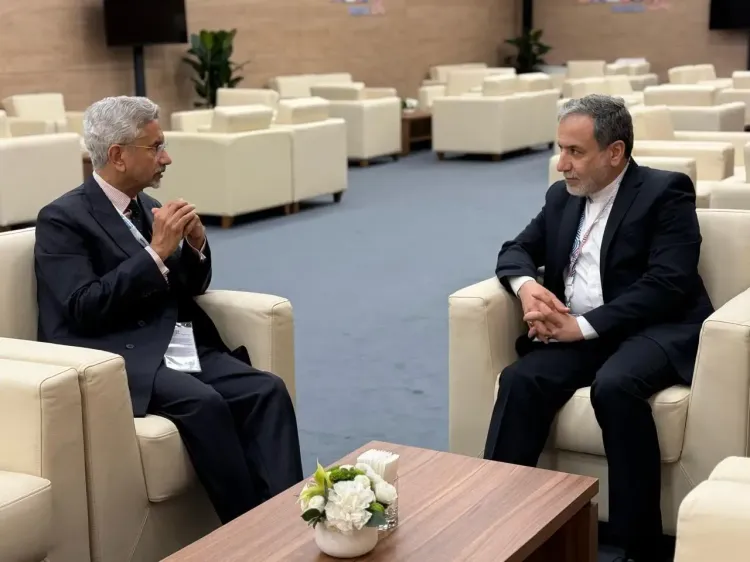
Synopsis
Key Takeaways
- Iran aims to mediate between India and Pakistan.
- The Pahalgam attack resulted in 26 fatalities.
- Iran emphasizes cultural ties with both nations.
- Strong diplomatic actions from India followed the attack.
- Global leaders have condemned the attack.
Tehran, April 25 (NationPress) Highlighting its positive relationships with both India and Pakistan, Iran announced on Friday its readiness to "forge greater understanding" between New Delhi and Islamabad in the aftermath of the recent Pahalgam terror attack.
"India and Pakistan are sibling nations to Iran, sharing connections that span centuries of cultural and civilizational heritage. Like any other neighbor, we prioritize their welfare. Tehran is prepared to leverage its diplomatic channels in Islamabad and New Delhi to enhance understanding during this challenging time," Iranian Foreign Minister Seyed Abbas Araghchi stated on X.
Araghchi referenced the words of Saadi Shirazi, a notable Persian poet from the 13th century, emphasizing that Tehran aims to mediate in accordance with the ethos of unity and solidarity among humanity that he articulated long ago.
"Human beings are parts of a single entity; In the creation of one essence and spirit; When one part suffers, All other parts feel uneasy," cited the Iranian Foreign Minister, quoting Saadi's verses.
The gruesome attack on Tuesday claimed the lives of 26 innocent tourists and left many others critically wounded, occurring in the Baisaran Valley near Pahalgam, as four heavily armed terrorists, two of whom were from Pakistan, emerged from the nearby forests and opened fire on the tourists. This incident has been deemed one of the most horrific attacks in the region's recent history.
This incident prompted a series of strong diplomatic and strategic responses from India, including the suspension of the Indus Waters Treaty, expulsion of Pakistani military attaches, closure of the Attari-Wagah border, and cancellation of the SAARC Visa Exemption Scheme for Pakistani nationals.
It has also drawn global condemnation, isolating Pakistan significantly.
Leaders from around the world have reached out to Prime Minister Modi in recent days to express their condolences and denounce the despicable act.
Intelligence reports indicate that the attack was orchestrated by a Pakistan-based terrorist organization, The Resistance Front (TRF), linked to the banned Lashkar-e-Taiba.
Earlier this week, the Iranian Embassy in New Delhi also condemned the terrorist act vehemently.
On X, the Embassy stated: "We extend our deepest condolences to the government and citizens of India, especially to the families of the victims and wish a swift recovery to the injured."



